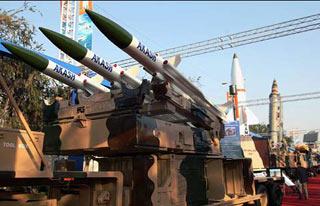
A file photo.
NEW DELHI (PTI): Seeking greater private participation in defence research and development, Minister of State for Defence M M Pallam Raju Tuesday said the ministry would create a "level playing field" to ensure greater opportunities to Indian entrepreneurs.
"It will be my endeavour to create a level-playing field and ensure that greater opportunities are given to Indian entrepreneurs," Raju said at a CII-sponsored seminar on Battle Field Management (BMS) system for the Army.
"There is an urgent need for the Indian industry to give greater attention to research and development for ensuring that cutting edge technology is available for the Indian armed forces," Raju said highlighting the need to harness the skill-set that India had in Information Technology, which was already recognised globally.
However, he said, unlike commercial products, defence acquisitions needed greater shelf life.
Noting that the Defence Procurement Procedure (DPP) looked at industry as "a capable partner" in providing technological transformation, the junior defence minister said the offset policy in DPP was sure to provide "a fair playing ground to both the public and private sectors" leading to an enhanced domestic capability.
"A greater participation by our industry is also expected in the field of information technology due to the large knowledge base available in our country," he added.
Raju said BMS could bring about "a revolution" in the way the Indian Army dealt with conflicts, pointing out that the functional efficiency at the cutting edge was going to be enhanced tremendously and would lead to better and faster execution of operations.
"Since BMS aims to provide a Common Operating Picture to all users, the decision making procedure is bound to get faster. Such a system will also be extremely useful in dealing with counter-terrorism and counter-infiltration operations and would definitely act as a force multiplier. I firmly believe that the BMS will be the precursor of similar systems for our paramilitary forces also," he added.
Referring to the imperative to achieve information superiority in modern day battlefield to gain tactical advantage by using decision making tools, Raju said from soldiers to commanders, exchange of relevant information in real time was crucial for success of any operation.
"Therefore, all modern armies strive to achieve this synergy in the battle space. Armies of a few countries have made great strides in synergising technology to create Operational Information Systems to suit their needs.
"Indian Army too is in the process of achieving this transformation and Network Centric Warfare capability is the key to this transformation. Apart from inducting modern weaponry, simultaneous development of information systems to exploit modern weapons and sensors is extremely important," he added.
Raju said Network Centric Warfare capability was in essence integration of the sensors and shooters with the decision makers on a robust information grid, adding that not just the armed forces, but all agencies in the national war effort should be part of it to provide actionable information and analysis for being one step ahead of the adversary.
He said the Defence Ministry was looking at information systems in operational perspective as a collection of multiple interlinked systems.
"Within the armed forces, the Defence Communication Network (DCN) will provide the information grid at the strategic level for the tri-services integration using the command, control, computers, communications, intelligence and interoperability system.
"Similar systems within each service are at various stages of development and fielding. In the hierarchy of the armed forces, the number of users keeps increasing at lower levels. The real challenge lies in providing robust command and control system to these users," he added.
Noting that the operational plans were decided at higher levels but their execution leading to a successful operation remained in the hands of the soldiers manning the weapon and surveillance equipment in the field, Raju said it was this 'cutting edge' that needed to be empowered using technology.
He said satellite-based surveillance and unmanned aerial vehicles (UAVs) when clubbed with terrestrial sensors would provide an intense quality of information about the enemy which in turn would lead to an enhanced situational awareness.
"These capabilities will also lead to better efficiency in border management as well as in dealing with internal security situations. However, for optimal exploitation of technology in the field of information systems, it is essential that we integrate all elements involved in dealing with a particular situation," he said.
"This would require that agencies other than Army, Navy and Air Force will also have to develop similar systems to ensure interoperability in situations when they have to operate with Armed Forces," he pointed out.
Army Chief General V K Singh, who participated in the event, said all future operations would be jointly carried out by the armed forces and that the concept of network centric operations was not restricted to just one of the defence services.
"To get the desired level of synergy, the flow of correlated and intelligent information between the three services is essential. To translate any joint doctrine into action, interoperability between the Army, Navy and Air Force is crucial," he said.
Noting that Indian players would be able to develop acceptable solutions in the required time frame, Singh said a dynamic voice and data communication capability would be the heart of BMS.
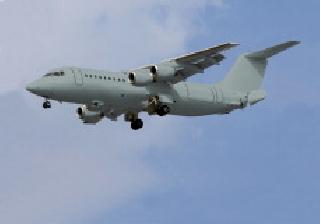 Previous Article
Previous Article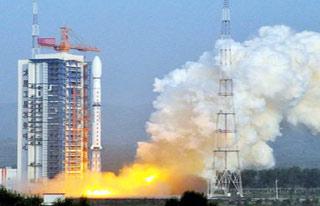 Next Article
Next Article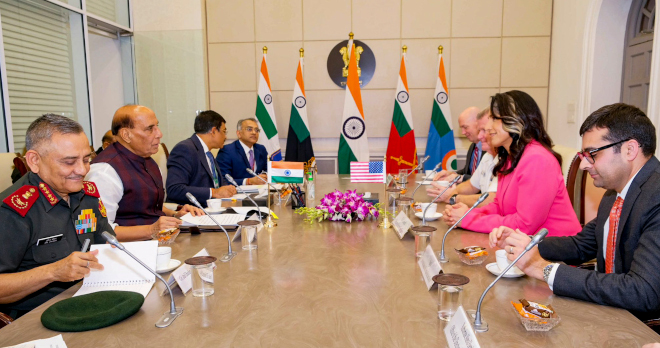
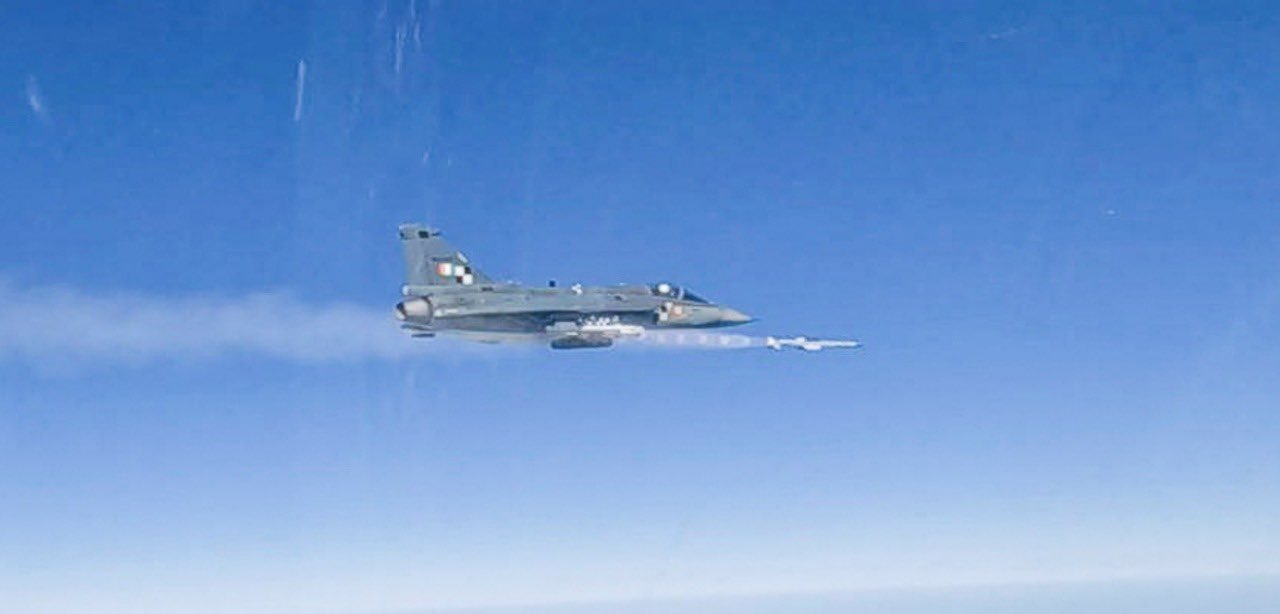
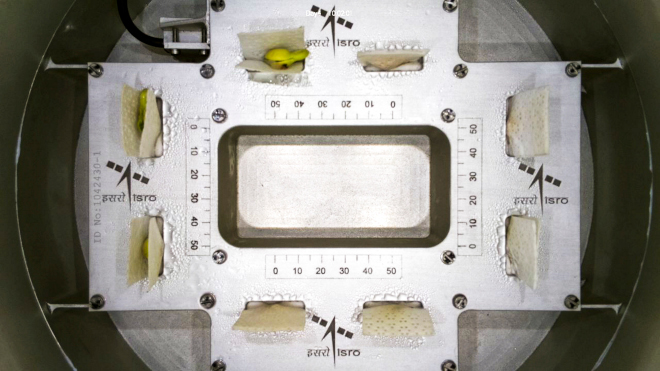









The Indian Air Force, in its flight trials evaluation report submitted before the Defence Ministry l..
view articleAn insight into the Medium Multi-Role Combat Aircraft competition...
view articleSky enthusiasts can now spot the International Space Station (ISS) commanded by Indian-American astr..
view article